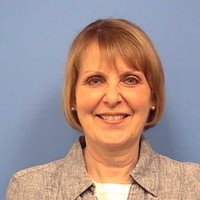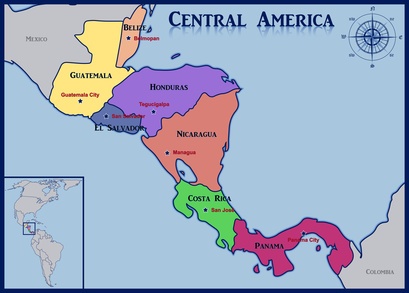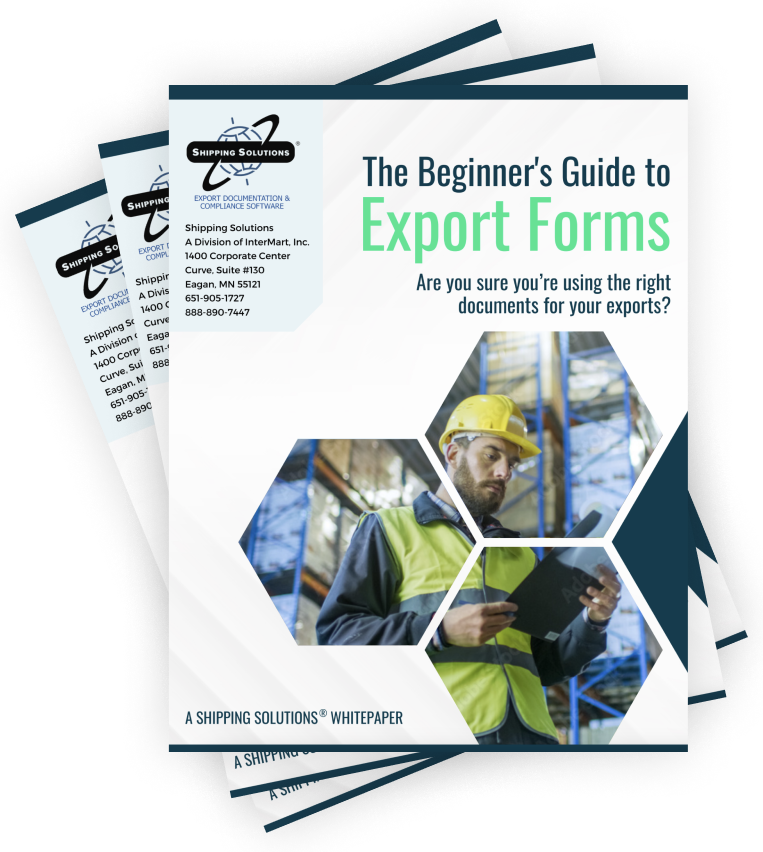The International Trade Blog Export Forms
CAFTA-DR: How to Declare That a Good Is Originating
On: April 15, 2016 | By:  Sue Senger |
2 min. read
Sue Senger |
2 min. read

The Central America-Dominican Republic-United States Free Trade Agreement (CAFTA-DR) provides duty-free trade on most goods traded between the United States, Costa Rica, Dominican Republic, El Salvador, Guatemala, Honduras and Nicaragua. In a previous article I provided some background about the agreement.
In order to get this preferential treatment, the importer is responsible for making the claim. The exact manner for doing so is determined by the individual signatory countries. While there is no specific certificate of origin form that must be used (unlike NAFTA), there is a commonly used version of the CAFTA-DR Certificate of Origin form, which you can download here.
The importer should work with the U.S. exporter to ensure that the U.S. good meets the relevant rule of origin under the CAFTA-DR.
Claiming Preferential Tariff Treatment Under CAFTA-DR
The importer may make a claim for preferential tariff treatment using one of two options:
Option 1
A written or electronic certification by the importer, exporter or producer.
Option 2
The importer's knowledge that the good is originating, including reasonable reliance on information in the importer's possession that the good is originating.
The Rules of Origin for CAFTA-DR were largely modeled upon the North American Free Trade Agreement (NAFTA) and the U.S.-Chile Free Trade Agreement. However, there are some important differences that U.S. exporters should pay attention to. Read my article, CAFTA-DR: Determining the Rules of Origin, for more information about the rules of origin.
You'll find more detailed information about the CAFTA-DR (as well as other U.S. free trade agreements) at the export.gov website.
This post was originally published in August 2006 and has been updated to include current information, links and formatting.
Like what you read? Subscribe today to the International Trade Blog to get the latest news and tips for exporters and importers delivered to your inbox.

About the Author: Sue Senger
Sue Senger is retired after a long career as an international trade consultant and faculty member at St. Paul College in St. Paul, Minnesota. She taught classes in Business Management, Supply Chain Logistics, Entrepreneurship/Marketing and Global Trade.

